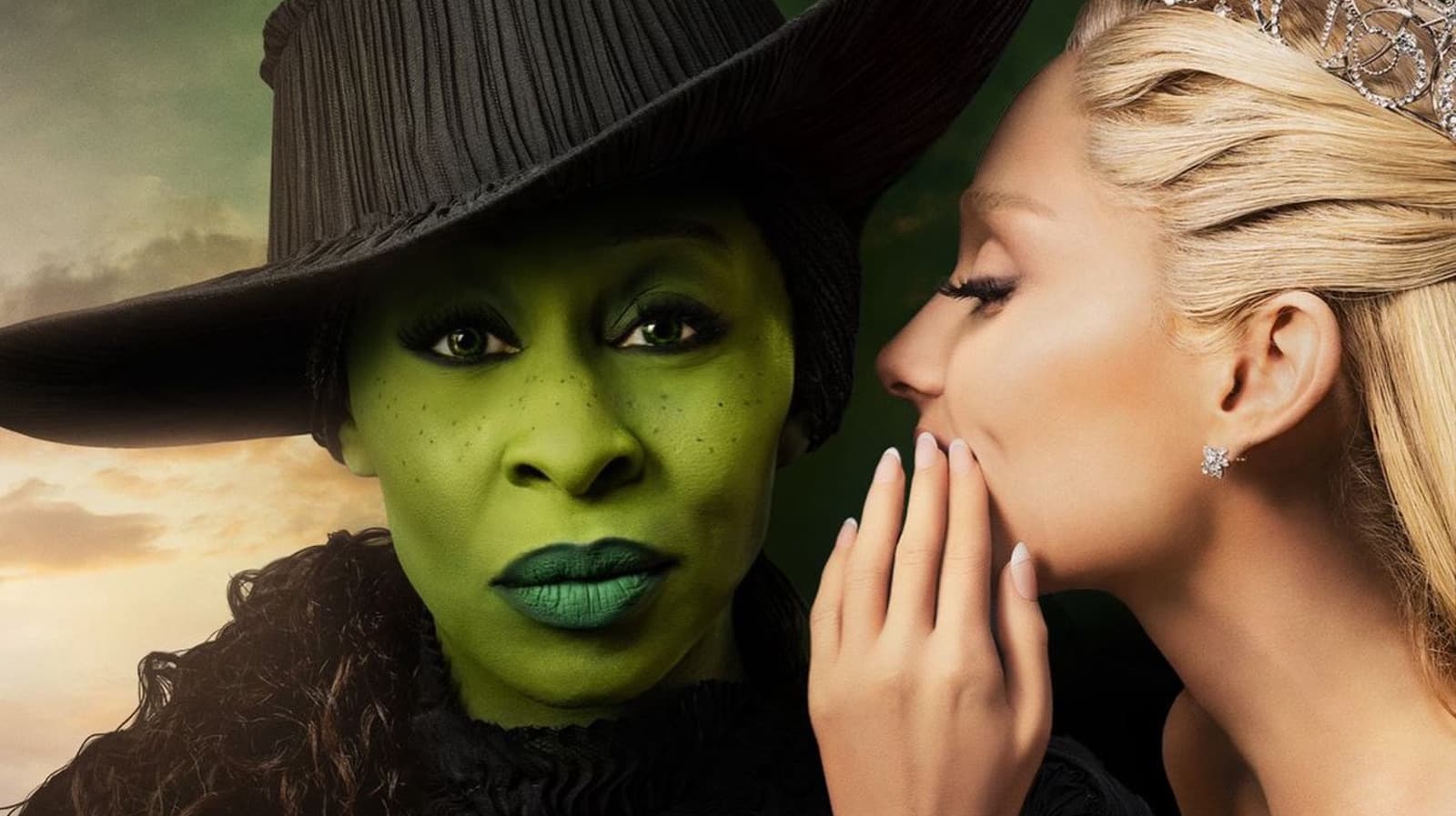Jimmy Cliff, Reggae Pioneer, Dies at 81 Leaving Global Legacy
Legendary Jamaican singer songwriter and actor Jimmy Cliff has died at 81, his wife Latifa Chambers announced. His passing marks the end of a six decade career that brought reggae, ska and rocksteady to global audiences and reshaped music, film and cultural perceptions of Jamaica.

Jimmy Cliff, born James Chambers, has died at the age of 81, his wife Latifa Chambers announced on November 24, 2025. The musician and actor who became one of the most visible ambassadors of Jamaican music spent more than six decades translating the rhythms and stories of his island to the world, and his influence extended far beyond record sales.
Cliff rose from Kingston’s vibrant music scene in the 1960s and became synonymous with a string of songs that entered the popular music canon. His recordings included Many Rivers to Cross, You Can Get It If You Really Want, and a widely celebrated cover of I Can See Clearly Now. He achieved early international prominence through his starring role in the 1972 film The Harder They Come, a gritty tale that introduced global audiences to the sounds and social realities of Jamaica and helped export reggae, ska and rocksteady to Europe and North America.
His career was recognized with multiple Grammy Awards, induction into the Rock and Roll Hall of Fame, and Jamaica’s Order of Merit, a national honor reserved for the island’s most distinguished sons and daughters. He collaborated across genres, bringing reggae into dialogue with rock, soul and pop, and he remained a fixture on festival stages and in film and television over decades.
Beyond the hits, Cliff’s performance style and persona mattered. He combined a singer songwriter’s introspection with a charismatic stage presence that could carry protest and uplift in equal measure. His voice and songwriting often addressed struggle and perseverance, themes that connected to global audiences at moments of political upheaval and cultural change. The Harder They Come helped create a template for how a film could function as a cultural export and a marketing engine for a national sound, setting a precedent that later artists and filmmakers would emulate.
Cliff’s passing draws a line through several industry trends that he helped set in motion. He was among the first Caribbean artists to find sustained international commercial success, opening doors for later generations to sign with major labels and to tour globally. His cross genre collaborations anticipated the current fusion economy in music where borders between styles are porous and streaming era playlists treat reggae as an integral part of global popular music. His presence in film also foreshadowed the modern multimedia career path that artists pursue today to amplify reach and revenue.
Culturally his work offered frames of identity and resistance. Reggae’s association with Black Atlantic experiences, anti colonial sentiment and spiritual introspection was amplified by Cliff’s songs and screen work, providing a soft power that influenced perceptions of Jamaica and its diaspora. The export of Jamaican culture that he helped catalyze also had economic consequences, contributing to tourism interest and to a brand of Jamaican creativity that continues to be monetized across music, fashion and film.
As obituaries and reflections accumulate, Cliff’s legacy will be measured in crowd reactions, in the young artists who cite him as an influence, and in the enduring presence of his songs in movies, advertisements and playlists. He leaves behind a global canon and a model of how a local voice can become an international instrument of culture and commerce.


